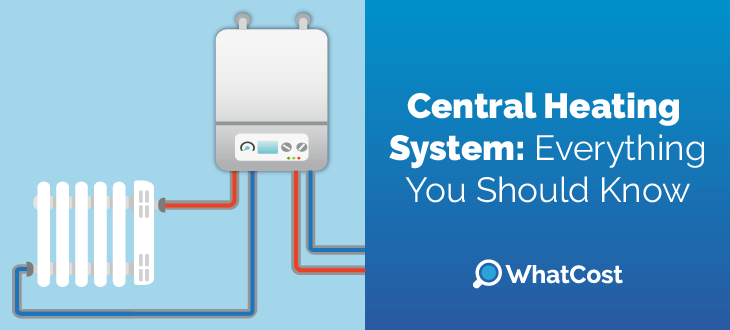
When the chill of winter sets in, a reliable heating unit becomes an indispensable part of any home. But what exactly is a heating unit, and how do you choose the right one for your needs? Let's dive deep into the world of heating systems to unravel the complexities and provide you with a clear understanding.
Types of Heating Units
The term "heating unit" encompasses a wide range of systems, each with its unique characteristics and applications. Here are some of the most common types:
Furnaces
Furnaces are among the most prevalent heating systems, particularly in colder climates. They operate by heating air and distributing it throughout the home via a network of ducts. These can use natural gas, propane, or electricity. Natural gas furnaces are very popular due to the relative low cost of natural gas. They are powerful and able to heat large spaces quickly.
- Gas Furnaces: Efficient and powerful, ideal for large homes.
- Electric Furnaces: Easier to install, but can be more expensive to operate.
Heat Pumps
Heat pumps are versatile systems that can both heat and cool a home. They work by transferring heat from one place to another. In the winter, they extract heat from the outside air (even in cold temperatures) and transfer it indoors. In the summer, they reverse the process to provide cooling. They are very efficient, but their efficiency decreases in extremely cold climates.
- Air-Source Heat Pumps: Common and efficient in moderate climates.
- Geothermal Heat Pumps: Highly efficient, using the earth's stable temperature.

Boilers
Boilers heat water, which is then circulated through radiators or baseboard heaters to warm a room. They provide a comfortable, even heat and are often used in older homes. These can use gas, oil, or electricity. Radiators are very effective at heating rooms, and provide a very comfortable radiant heat.
- Gas Boilers: Efficient and widely used.
- Oil Boilers: Common in areas without natural gas access.
- Electric Boilers: Clean and quiet, but can be costly to operate.
Space Heaters
Space heaters are portable units designed to heat a single room or small area. They are ideal for supplemental heating or for use in spaces that are not connected to a central heating system. These can be electric, or use propane, or kerosene. They are very useful for small rooms, or for temporary heating.
- Electric Space Heaters: Convenient and easy to use.
- Propane Space Heaters: Powerful and efficient for larger spaces.
Factors to Consider When Choosing a Heating Unit

Selecting the right heating unit involves several considerations:
- Climate: Colder climates may require more robust systems like furnaces or boilers.
- Home Size: Larger homes need more powerful units.
- Energy Efficiency: Look for units with high AFUE (Annual Fuel Utilization Efficiency) or HSPF (Heating Seasonal Performance Factor) ratings.
- Fuel Type: Consider the availability and cost of gas, electricity, or oil.
- Installation and Maintenance: Factor in the costs of professional installation and regular maintenance.
- Budget: Balance upfront costs with long-term energy savings.
Maintenance and Care
Regular maintenance is crucial for ensuring the longevity and efficiency of your heating unit. This includes:
- Changing Filters: Regularly replacing air filters to maintain airflow.
- Professional Inspections: Annual checkups by a qualified HVAC technician.
- Cleaning: Keeping the unit and surrounding areas clean and free of debris.
- Checking for Leaks: Inspecting gas lines or water pipes for leaks.
Conclusion
Choosing the right heating unit for your home is an important decision that impacts your comfort and energy bills. By understanding the different types of heating systems and considering your specific needs, you can make an informed choice that keeps you warm and cozy all winter long. Remember, regular maintenance is key to maximizing the lifespan and efficiency of your heating unit. Keep safe and warm!
No comments:
Post a Comment
Note: Only a member of this blog may post a comment.